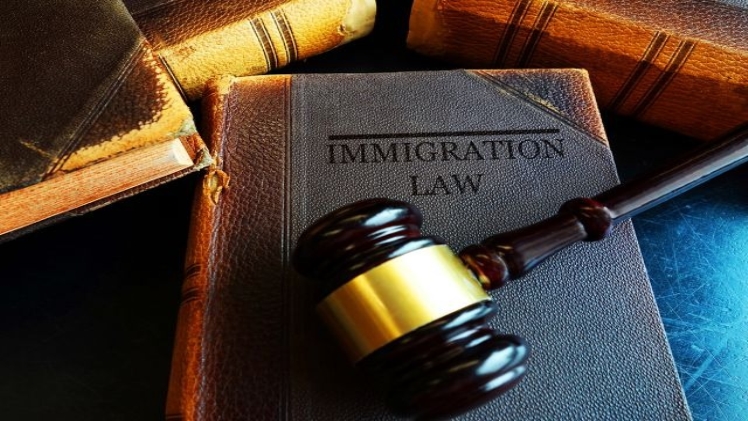The intricacies of the US immigration system often lead individuals to face detention during legal proceedings. In such instances, understanding the role of immigration bonds becomes crucial. If you or a loved one are facing a hearing in the immigration system, you need to understand how immigration bonds can help. In this article, you will learn what immigration bonds are and how they operate. This information will shed light on the mechanisms that govern these financial instruments.
What Are Immigration Bonds?
US immigration bonds serve as a financial guarantee for individuals detained by the US Immigration and Customs Enforcement (ICE). These bonds secure your temporary release while you wait for immigration court hearings. These bonds are distinct from criminal bonds. Immigration bonds are specific to immigration-related matters. These bonds ensure that the individual complies with the legal proceedings and obligations.
Types of Immigration Bonds
There are two primary types of immigration bonds, each serving distinct purposes. The most common type of immigration bond, the delivery bond, enables the release of the detained individual. The individual must attend all future immigration court hearings. This type of bond is granted by an immigration judge or, in some cases, by the ICE itself. If you want to leave the country, you can opt for voluntary departure instead of facing deportation. A voluntary departure bond allows the individual to leave the country voluntarily within a specified timeframe. If you adhere to the terms of departure, the court will refund the bond. If you do not leave the country, you will forfeit the bond.
How The Court Sets the Bond Amount
When setting the bond amount, the court considers several factors.
The individual’s immigration status plays a role in setting the bond amount. The court may consider individuals with a more secure immigration status to be a lower flight risk, potentially leading to lower bond amounts. A criminal history can influence the bond amount. Individuals with a history of criminal activity may be perceived as higher flight risks, affecting the bond amount accordingly. Immigration judges often consider an individual’s ties to the community when setting bond amounts. Strong community ties, such as family connections and long-term residency, can be factors in determining a reasonable bond amount.
Conditions of Release and Obligations
When the court releases an individual on an immigration bond, the court sets certain conditions to ensure you are present for future legal proceedings. The individual must attend all scheduled immigration court hearings. Failure to do so can result in the judge returning the individual to a detention center. Regular reporting to the local ICE office is often a requirement. This condition allows immigration authorities to monitor the individual’s compliance with the law. The individual must provide up-to-date contact information to immigration authorities. Compliance with behavioral expectations, such as avoiding criminal activity, is typically a condition of release. Maintaining good behavior is essential to ensure continued freedom.
How Refunds and Forfeitures Work
The resolution of the immigration case determines the fate of the immigration bond. If the individual complies with all conditions and attends all court hearings, the court typically releases the bond for a refund. However, the refund process can take several months, and the individual must adhere to all conditions until the case concludes. If the individual violates the terms of release by failing to attend a court hearing, the court may order forfeiture of the bond. In cases of forfeiture, the bond amount is not refunded, and the individual may face additional legal consequences.
In navigating the complexities of the US immigration system, understanding immigration bonds is paramount for individuals facing detention. These bonds provide a lifeline, allowing temporary release. The individual has an opportunity to actively participate in legal proceedings. From the types of bonds and setting bond amounts to the conditions of release and potential outcomes, understanding of immigration bonds is crucial for individuals seeking to navigate the path towards resolution of their immigration cases. As a vital aspect of due process, immigration bonds contribute to a system that aims to balance enforcement with fairness and compassion.





